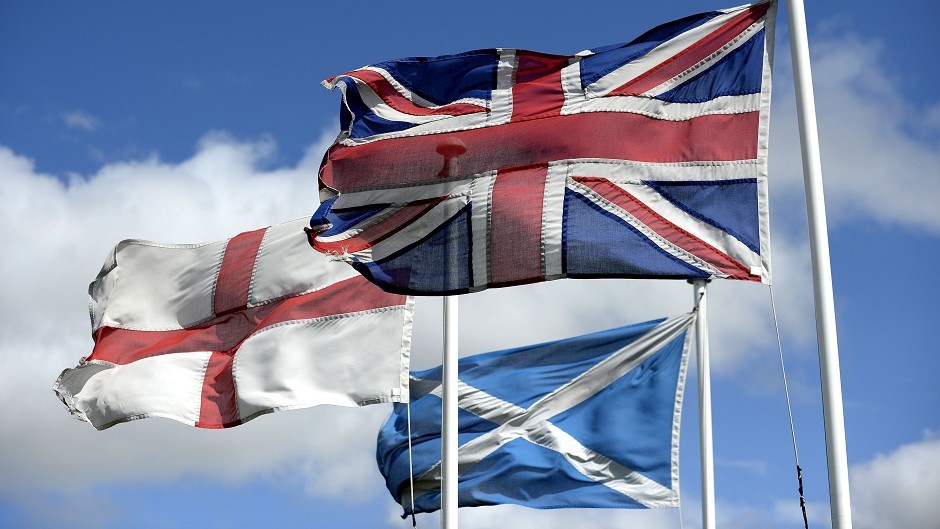The government’s English Votes for English Laws (EVEL) system is too complex and likely to be scrapped in the future, MPs have warned.
Passed last year, it added an extra stage to the Westminster law-making process allowing English MPs to vote on issues deemed only to affect England.
Commons leader Chris Grayling said the arrangement would give England its “own piece of devolution”.
But critics accused the UK Government of hurling a “wrecking ball through the constitution” and creating two classes of MP.
They also condemned the way in which Evel was introduced – by changes to the rules governing the Commons known as standing orders, rather than primary legislation.
A report published by the public administration and constitutional affairs committee today concludes there is evidence the principle behind Evel commands popular support.
But it argues that – with only the Tories in favour of the new settlement – the standing orders face a high risk of being disregarded as soon as there is a non-Conservative majority in the Commons.
Committee Chairman Tory MP Bernard Jenkin said: “The new standing orders should have been drafted by the highly-experienced clerks of the House of Commons rather than by government officials.
“The government should use the 12-month review period we are in now to develop some more comprehensible proposals that all parties can get behind.”
The report forms the first part of the committee’s long term inquiry into the future of the Union.
Under the newly-introduced system, English MPs can veto English-only legislation – as determined by Speaker John Bercow – before all members from across the UK vote in a bill’s latter readings.
As a result, MPs from the devolved nations only have a final say if a bill passes the new stage.
If a majority of English MPs vote to halt legislation, it will then not proceed any further.
The system is designed to address the so-called West Lothian Question, namely the situation created by devolution which allows Scottish MPs to influence matters Holyrood has responsibility for.
